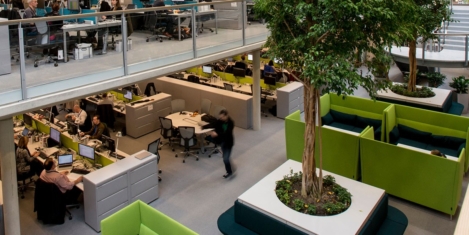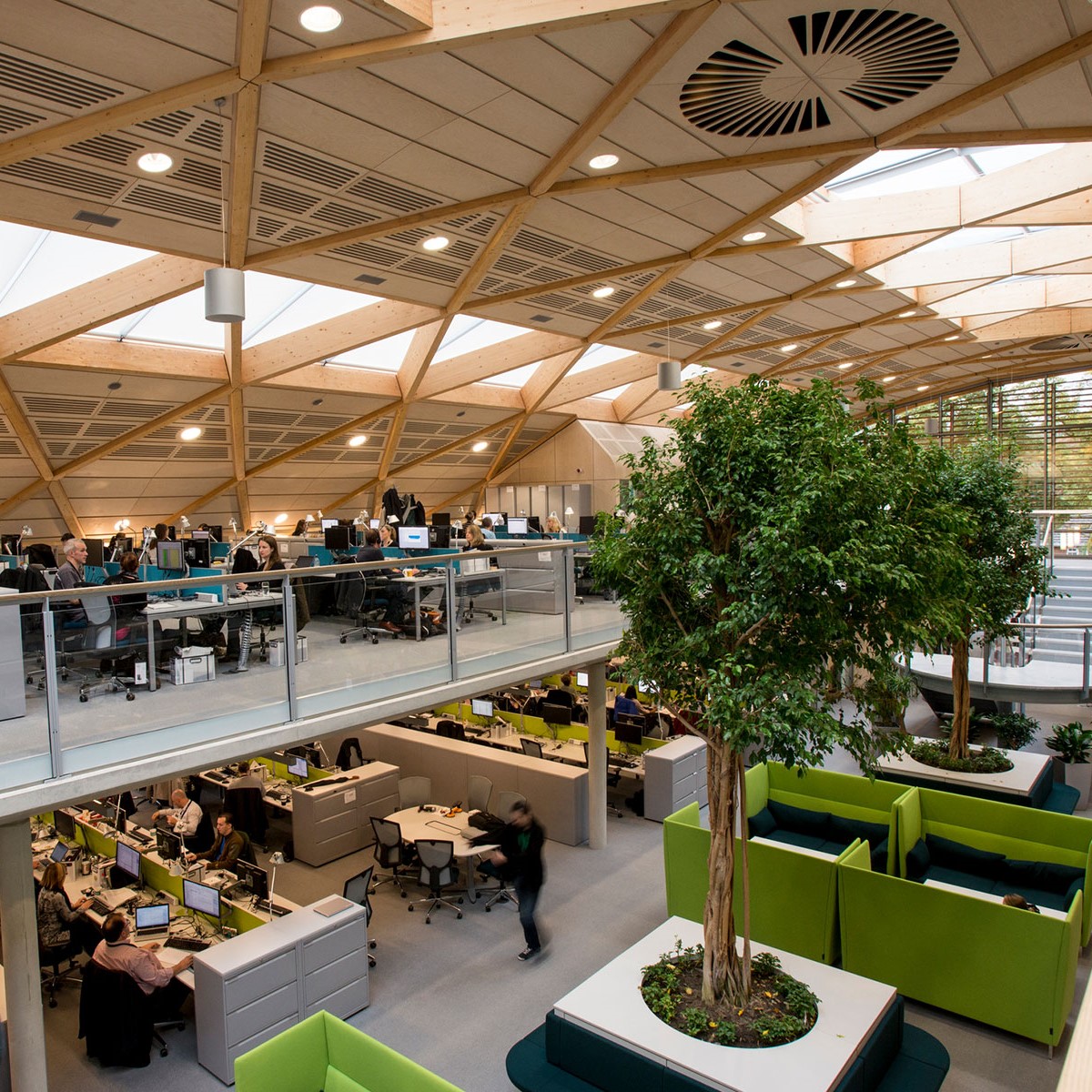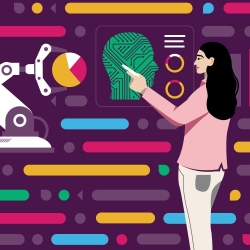To provide the best experiences, we use technologies like cookies to store and/or access device information. Consenting to these technologies will allow us to process data such as browsing behaviour or unique IDs on this site. Not consenting or withdrawing consent, may adversely affect certain features and functions.
The technical storage or access is strictly necessary for the legitimate purpose of enabling the use of a specific service explicitly requested by the subscriber or user, or for the sole purpose of carrying out the transmission of a communication over an electronic communications network.
The technical storage or access is necessary for the legitimate purpose of storing preferences that are not requested by the subscriber or user.
The technical storage or access that is used exclusively for statistical purposes.
The technical storage or access that is used exclusively for anonymous statistical purposes. Without a subpoena, voluntary compliance on the part of your Internet Service Provider, or additional records from a third party, information stored or retrieved for this purpose alone cannot usually be used to identify you.
The technical storage or access is required to create user profiles to send advertising, or to track the user on a website or across several websites for similar marketing purposes.
 Employers are being urged to shore up their commitments to meeting sustainability and net zero targets or risk an exodus amongst younger workers. Nearly half (48 percent) of Gen Z workers agree they would consider leaving a job that didn’t walk the talk in its promises on sustainability. This is according to the latest Bupa Wellbeing Index, a landmark survey that uncovers the state of the nation’s health and wellbeing. (more…)
Employers are being urged to shore up their commitments to meeting sustainability and net zero targets or risk an exodus amongst younger workers. Nearly half (48 percent) of Gen Z workers agree they would consider leaving a job that didn’t walk the talk in its promises on sustainability. This is according to the latest Bupa Wellbeing Index, a landmark survey that uncovers the state of the nation’s health and wellbeing. (more…)

































July 12, 2023
Generations in the workplace: setting the record straight
by Jo Sutherland • Comment, Workplace